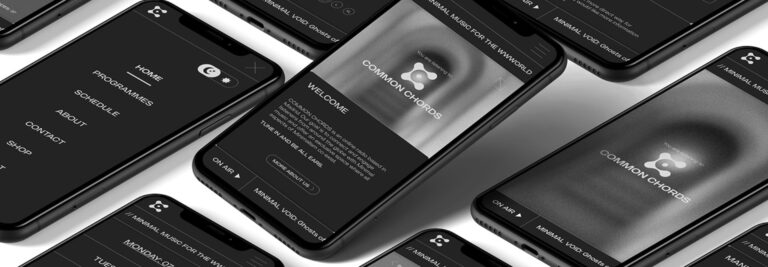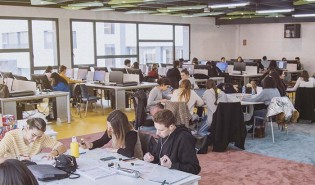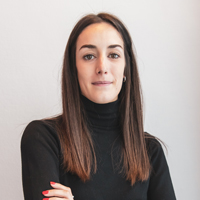
Master’s Degree in User Experience
YEARS OF SPECIALIZED EDUCATION
COURSE
10 months
CURSO
10 months
CREDITS:
60 ECTS
MODE:
Face-to-face in Madrid
LANGUAGES:
Spanish
DATE:
October 2023 - July 2024
AVAILABLE SPOTS:
90
SCHEDULE:
Wednesdays, Thursdays, and Fridays from 18:30 to 22:00. One Saturday per month from 10:00 to 14:00.
Official master’s degree designed in collaboration with Telefónica I+D.
Innovative collaboration model between University and Industry. Guaranteed internships in leading companies in different sectors.
Fully face-to-face training at the leading center in design and technology areas in Spain.
Cutting-edge teams, facilities, and software for you to develop your projects with the tools used in large companies.
Our University Campus located in the heart of Madrid is full of activities, masterclasses, catwalks, contests, fairs, events, etc. to maximise students’ creativity.
Precursors in elevating design degrees to the university level, creating the first Official Degrees in Product Design, Fashion Design, Interior Design, Video Game Design and Development or Multimedia and Graphic Design.
We have numerous agreements with some of the best universities in the world of design so that our students can incorporate international and multicultural experience into their time at university.
The very typology of our degrees allows us to use a learning methodology based on real projects. We seek your excellence.
More than 2,200 agreements signed with leading companies in the sector for the professional practice of our students; advice and exchange of experiences and research.
More than 13,000 m2 of specialised facilities with the best resources and equipment used by large companies in the sector.
The curriculum of the Master’s Degree in User Experience for the Design of Digital Products and Services (UX) consists of 60 ECTS credits and has a duration of one year.
Consult the Teaching Guides for the Master’s Degree in User Experience for the Design of Digital Products and Services.
You will be trained in user experience and usability through eleven modules that will provide you with knowledge in:
The relationship between University/Business is vital for the professional success of the students, which is why professional internships are a fundamental aspect of the curricula of all our degrees. UDIT is constantly working to foster partnerships with companies, developing an ecosystem of companies and institutions that collaborate in the professional development of our students.
We have signed more than 2.000 active internship agreements with leading companies in the sector such as:
Our university campus has the best technological and professional equipment, that is also used in large companies. You will have at your disposal 13,000 m2, spread over three buildings, with state-of-the-art facilities designed for your learning and practice.

“MediaLab, multimedia laboratory that brings your projects to life"

“Turn your ideas into digital reality"
Many of our alumni from the Master’s Degree in User Experience are already working in leading companies in positions such as:
You can count on me to answer all your questions.
Student Advisor at UDIT

Currently, there is a high demand for specialists in User Experience and Usability. On one hand, the rise of apps and digital businesses has created a demand for these profiles, which are crucial in platform development. On the other hand, traditional businesses have begun a consumer-focused transformation. UX processes are necessary for any customer experience, whether physical or digital.
The Master’s Degree lasts for 1 year. From October to July, 60 ECTS.
A UX Designer is a multidisciplinary profile capable of applying different design methodologies to the User Experience of a product or service. Their work is diverse and can specialize in analysis, conceptualization, or execution.
The master’s degree is particularly relevant for designers of any specialty, architects, marketing specialists, communication and business intelligence professionals, user and consumer experience and behavior researchers, sociologists, psychologists, industrial engineers, and computer scientists…
Currently, new forms of production lack specialized and qualified professionals, so this master’s degree offers the opportunity to adapt previous knowledge, creative skills, and personal interests to the growing global demand that higher education has not met.
© estudios superiores internacionales, s.l. 2023 all rights reserved. esne ® and udit ® are registered trademarks, owned by estudios superiores internacionales, s.l. unauthorized use is prohibited, permission must be requested at legal@esne.es